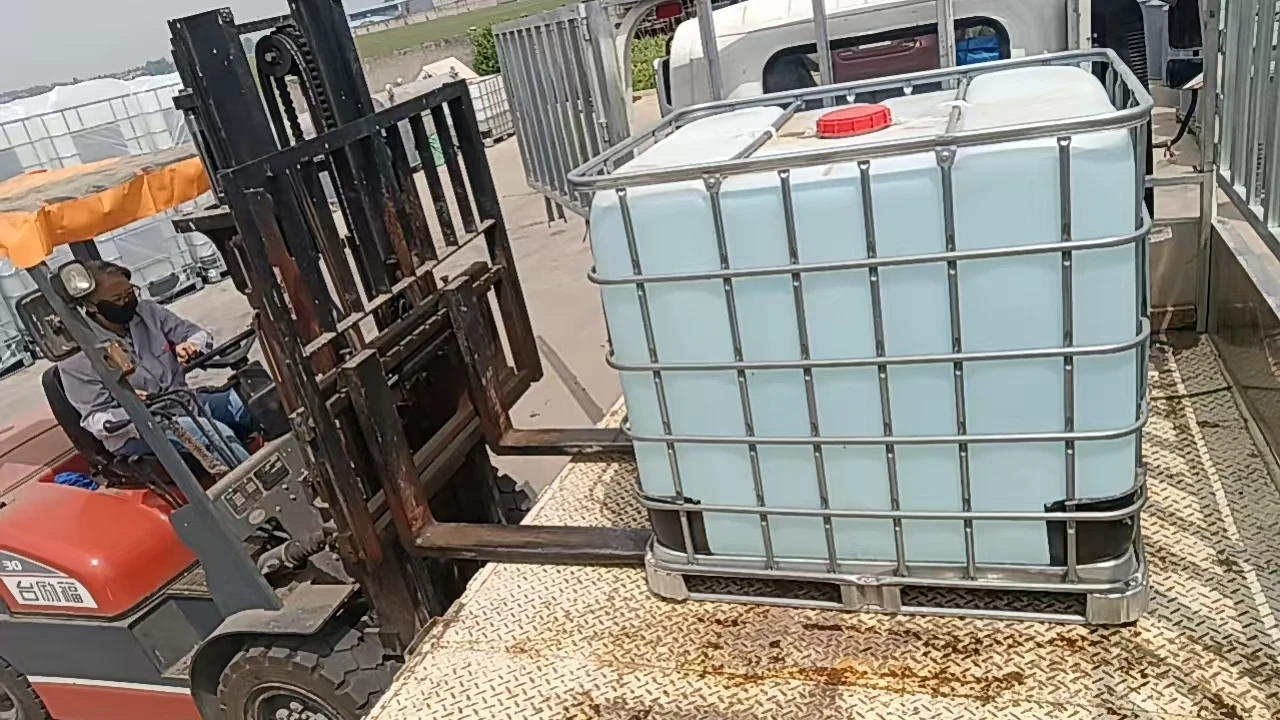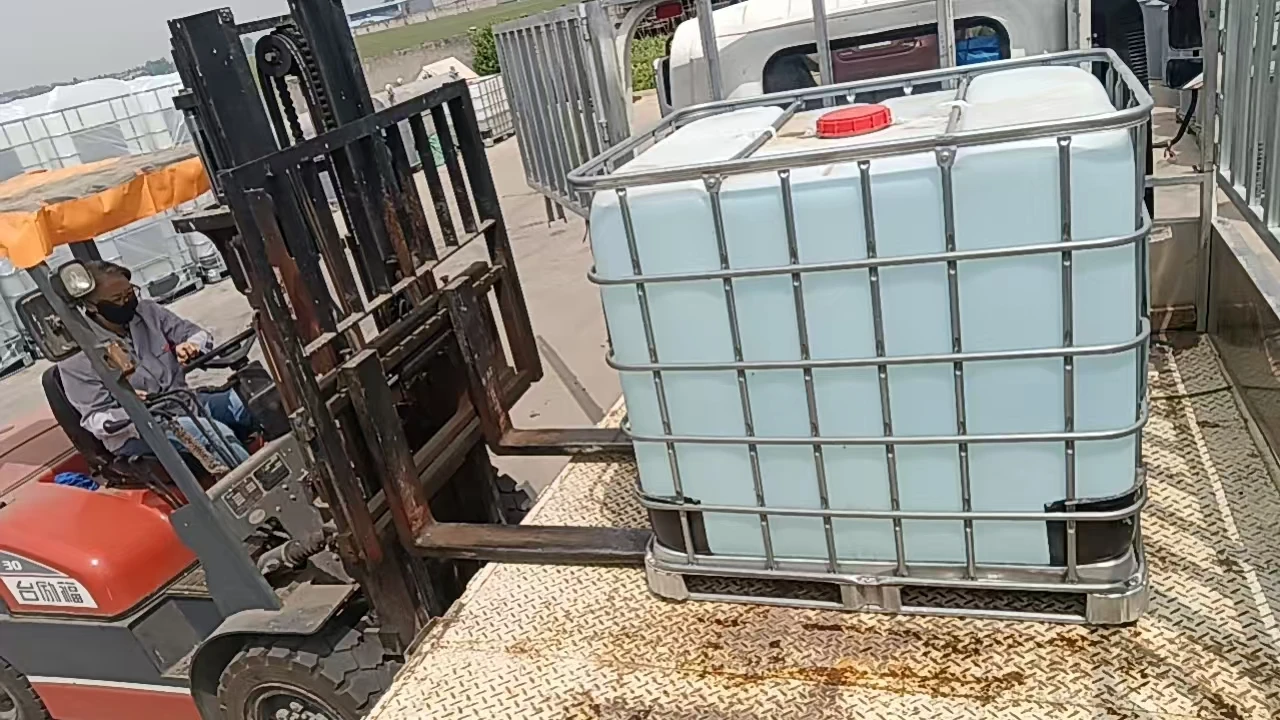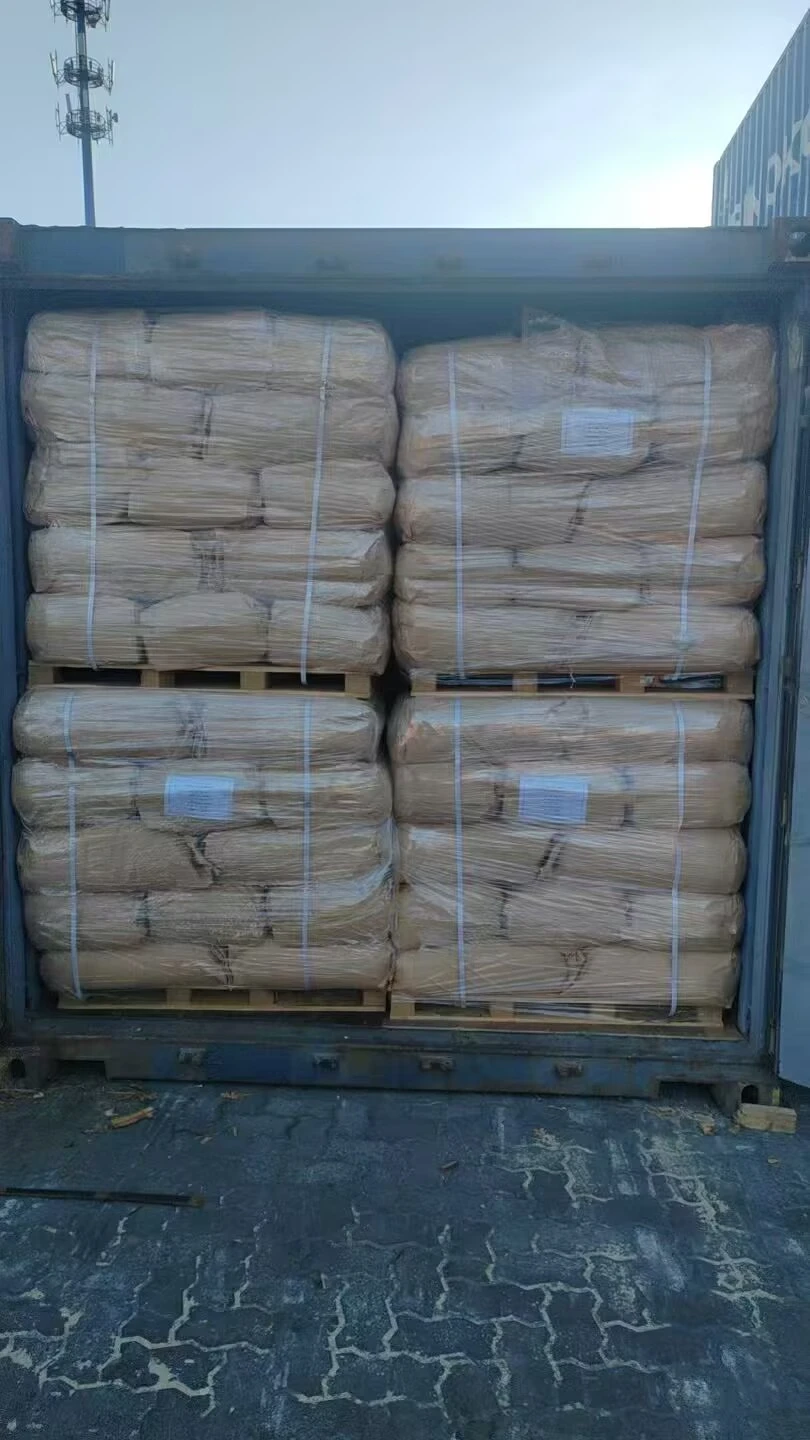Chemicals used in water treatment include chlorine and chloramine for disinfection, alum (aluminum sulfate) and ferric chloride for coagulation and flocculation, lime (calcium hydroxide) for pH adjustment and softening, sodium bicarbonate for alkalinity control, and activated carbon for adsorption of organic contaminants. Ozone and ultraviolet (UV) light are also employed for advanced disinfection processes. Polyphosphates are sometimes used to prevent corrosion and scale build-up in pipes.
- ഉത്പന്നത്തിന്റെ പേര്
- CAS നമ്പർ.
-
 9003-05-8
9003-05-8
What Is The Best Chemical For Cleaning Water?
The best chemical for cleaning water depends on the specific contaminants present and the desired water quality. Chlorine is widely regarded as one of the best chemicals for general disinfection due to its effectiveness in killing a wide range of pathogens and its relatively low cost. However, it can form harmful by-products, so chloramine is sometimes used as an alternative for longer-lasting disinfection with fewer by-products. Ozone and UV light are highly effective for disinfection without chemical residues, but they require more complex equipment. The choice of the best chemical or method depends on the specific requirements of the water treatment process and the desired outcomes.
ഞങ്ങളുടെ ഏറ്റവും പുതിയ വാർത്തകൾ വായിക്കുക

Jul.21,2025
The Potential of 1,3-Dimethylurea in Novel Polymer Materials
The field of polymer science is witnessing a quiet revolution through the strategic incorporation of specialty chemical intermediates into material formulations.
കൂടുതൽ വായിക്കുക
Jul.21,2025
The Key Role of 1,3-Dimethylurea in Caffeine Synthesis
The production of active pharmaceutical ingredients (APIs) relies heavily on specialized chemical compounds known as pharmaceutical intermediates, which serve as crucial building blocks in multi-step synthetic pathways.
കൂടുതൽ വായിക്കുക

